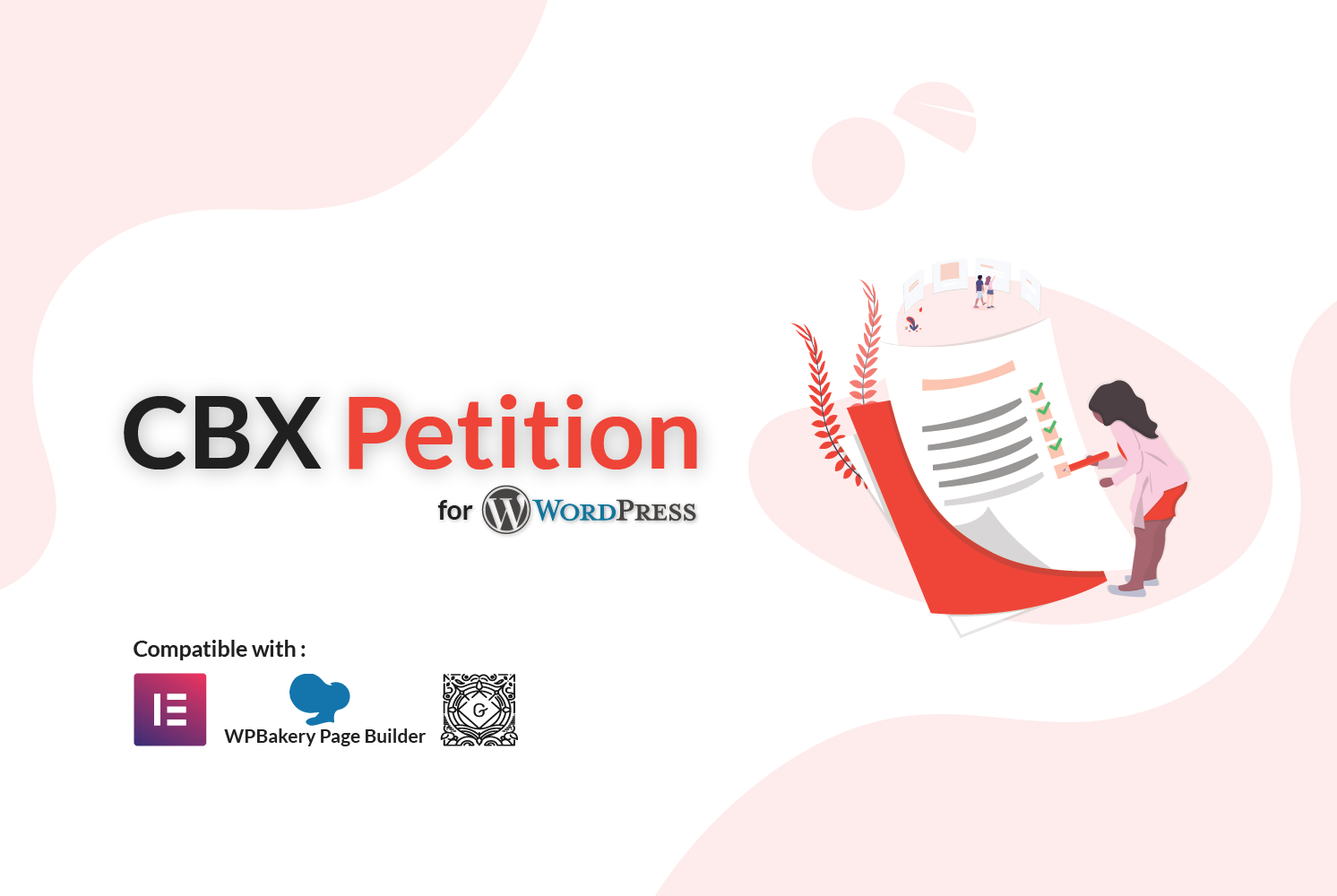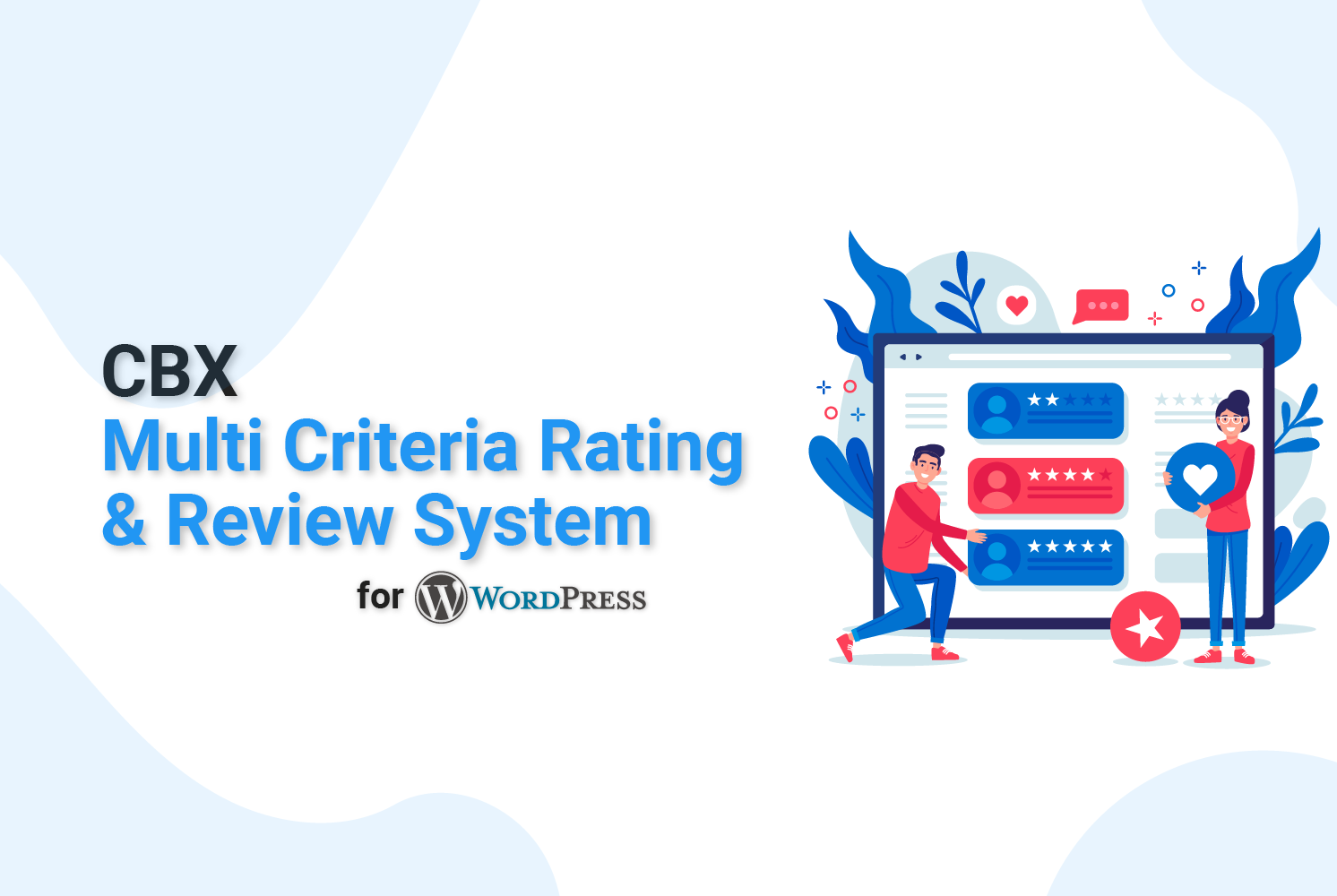The Importance of Web Design
Due to the ever-increasing competitive nature of the global economic market, companies operating across every respective industry must strive to ensure all facets of their business are of the highest standard to remain competitive and successful via strong sales profits. Effective utilisation of advertising and marketing strategies is of paramount importance to any business, irrespective of its size and stature, as it helps to promote brand awareness and the existence of a company. Finding a balance between promoting the products and services a company offers within a business-to-business or business-to-consumer enterprise, and the professionalism and standards set is the key towards ensuring conversion rates and sales profits remain at peak levels.
Although traditional forms of promotional material, such as distributing business cards and leaflets to the general public, will always remain effective and should not be discounted by any means, the modern day business world operates upon the use of technology and the internet. Computers and the internet have essentially become part of the furniture within any office or company workplace as the technology enables companies to promote themselves on a worldwide scale. Establishing and maintaining a strong web presence is crucial, as a website acts as a contact portal between a company and its customers with information, contact details and the ability to purchase products or services online made easily accessible at the latter’s own discretion.
Style over Substance
While anyone can easily make a website, it takes adequate planning and thought into its overall appearance and functions to make it successful. This is particularly the case in the commercial world, where establishing a professional front which symbolises a company’s ethics and passion to provide quality on a regular basis is the difference between a failing and flourishing website. Companies may be tempted to overload their website with information, such as text and graphics of products they sell to their consumer. Although this form of information is a basic requirement on any business website, failing to consider the entire design and layout of the homepage and every subsection can leave prospective customers unimpressed and take their business elsewhere. Furthermore, a website which lacks clarity or looks unbalanced on the screen, through text and graphics which are either too small or too large, will instantly fail to have the impact required to make full utilisation of a company’s web presence. It is advisable for any company to take a backward step whilst formulating and creating their website to consider what would attract their attention and what would they expect to see from a professional business site in their respective industry of expertise.
Basic requirements for a good website
A well designed website should not only be easy to navigate through so they can find what they are looking for, but also contain an element of style and sophistication that should be commonplace within any professional business. This should include an intricate balance of colours and graphics which instantly create a positive first and long-lasting impression with users who access the website, but also resemble the professionalism of a company and reflects the type of products and services they offer.
An online casino website may choose bright, vibrant colours in accordance with the glitz and glamour associated with casino (they may alternatively choose a single colour which is texturised and smooth in appearance to reflect the felts commonly used on table games), whereas a motorbike club opt for dark and powerful colours which symbolise the biking community and the leathers customers wear whilst on their bike. Every website should be regularly updated to keep content fresh and provide users with news and information which is concise, clear to read and grammatically accurate – three key aspects which maintain the reader’s interest and could lead to further interest or a potential sale.
In the current era of social media networks and their worldwide appeal, integrating a CMS could make a crucial difference between a company being competitive and forcing themselves ahead of market rivals to become a leading light in any industry. Effective management of content allows web developers to remain in control of what is uploaded onto a website, whilst also securing peace of mind that a website is protected from the threat of malware and hackers. Content Management Systems are also constructive in supporting SEO techniques which should be a prerequisite for any company website. SEO techniques, such as keywords used within text-based content, an on-site blog and plug-ins to popular social media networking sites, play an integral role in improving a website’s page rankings on search engines and bringing a company to the attention of target audiences.
Ensuring that the visual aspects of a company website is the fundamental foundation that should be formed as it provides the basis for everything else, such as eye-catching graphics and SEO presence, to flourish and ensure a business makes full utilization of its web presence.









